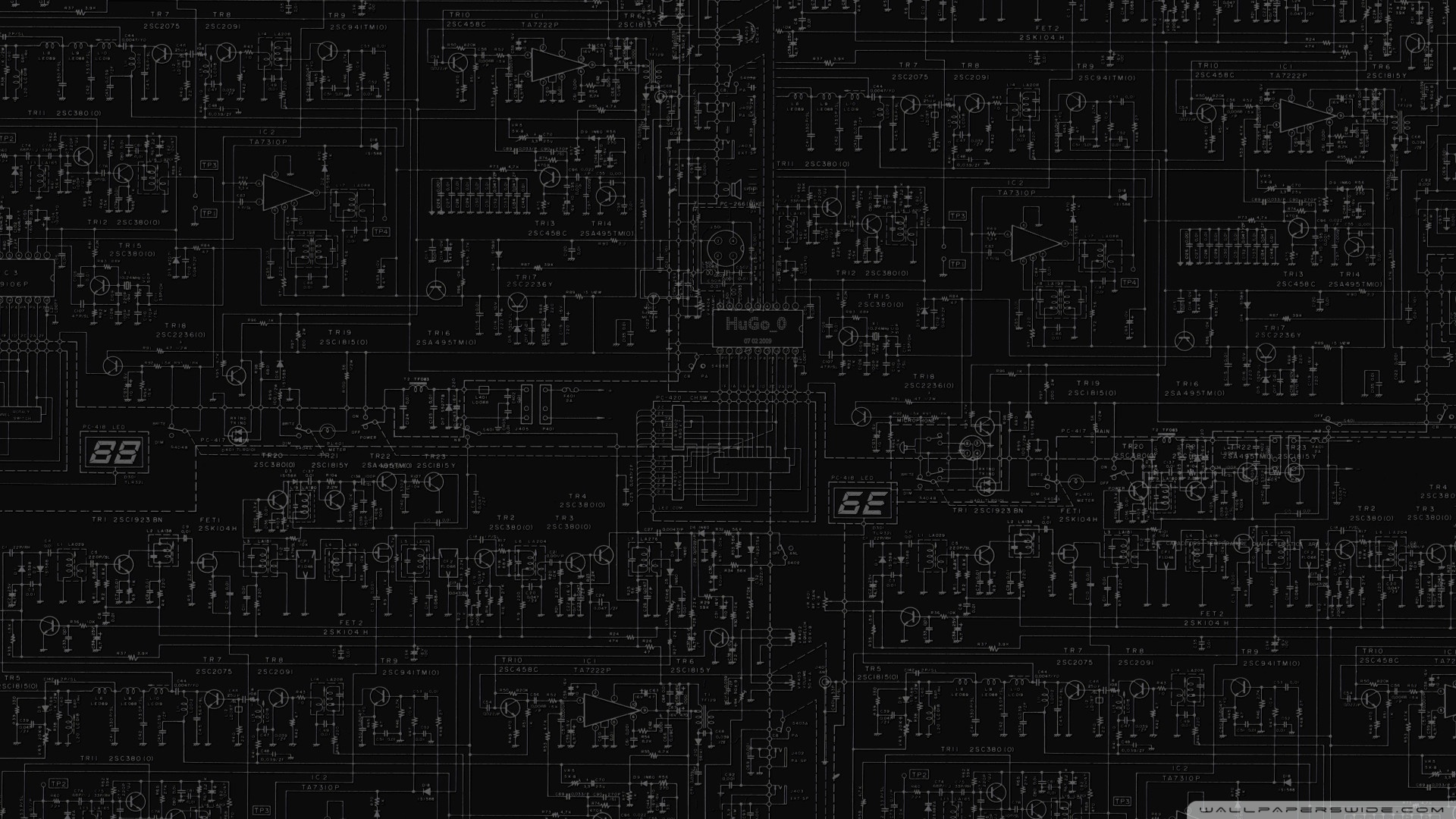Hi,
The clear light of morning has highlighted an omission in the above post...
The focus above was on throughput and ignored the other aspect of power requirements when using PCIe USB 3.0 cards.
The PCIe Bus specification limits the maximum current for a x1 card to 10 watts at power up but, for full-height cards with the necessary on-board circuitry and/or driver logic, allows post-power-up reconfiguration to up this 10 watts to 25 watts (half-height cards stay fixed at 10 watts). This is done to limit both current consumption on the bus and heat dissipation in a chassis.
USB 3.0 spec, on the other hand, calls for 900mA at 5v (or 4.5 watts per device) while USB 2.0 spec only requires 500mA at 5v (or 2.5 watts).
USB-powered hard drives (particularly larger capacity drives such as 1TB or larger) need power to run that peaks at start-up and stabilizes under normal operation - peaks can be >10 watts, while average power drain is likely to be around 6-7 watts.
So, for USB 3.0 spec plus large HDD, the power drain hovers around the limit and can produce erratic performance issues...
I first encountered power problems of this nature when purchasing a Taiwanese 2-port 3.5" front-panel USB 3.0 hub which only provided cabling for data.
Larger capacity USB 3.0-powered HDD (eg Seagate GoFlex Portable 1TB) gave major problems until I contacted the manufacturer and was advised to add a separate power feed to the PCIe controller card from the power supply.
And this is why - when you read the specs for these PCIe 2.0 x1 USB 3.0 add-on cards, you should see a requirement for a "power boost" connection between card and power supply (either a Molex or PCI connector - but a 5 volt rail connection is what's required)
So, check out your power supply and the number of spare 5volt "connectors" before hurtling out and buying any USB 3.0 cards.
When installing the USB 3.0 card, ensure that the card is properly seated in the bus slot and also ensure that the "power boost" cable is properly connected at both ends. Then install the driver that should have come with the card. After installation, re-boot the system and you should have no hassles.
Good Luck!







